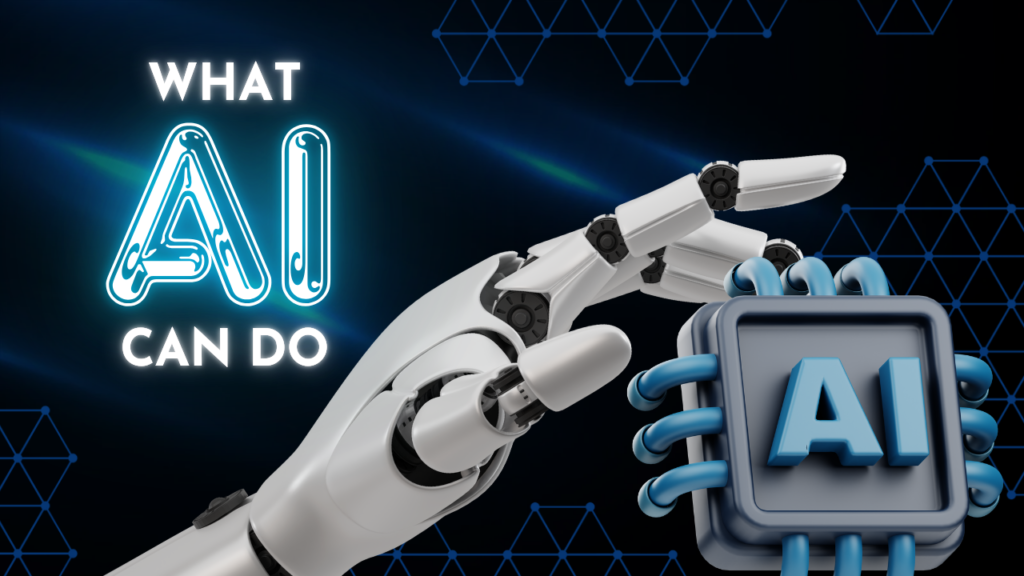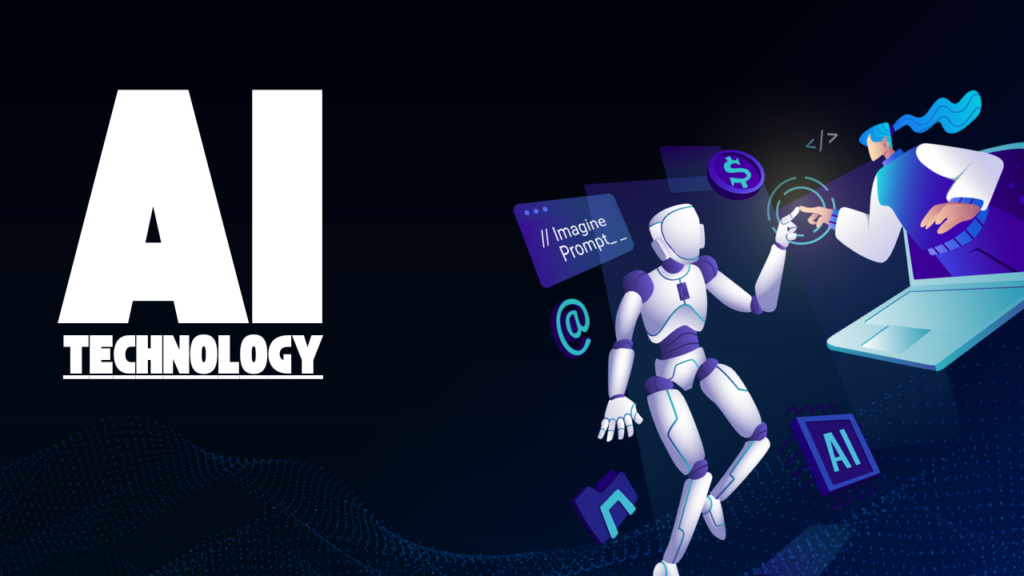A New Era of Search Artificial intelligence (AI) has revolutionized countless industries, and digital marketing is no exception. The integration of AI into search engine algorithms and SEO strategies has reshaped the way we approach online visibility. In this blog post, we’ll delve into the profound impact of AI on SEO, exploring how AI-powered tools are influencing search engine algorithms and the implications for businesses.

Understanding AI’s Role in Search Engines
Search engines have long relied on complex algorithms to rank websites. These algorithms consider a myriad of factors, including keyword relevance, backlink profile, and user experience. However, with the advent of AI, search engines have become even more sophisticated.
AI-powered algorithms enable search engines to
Understand Natural Language: AI algorithms can interpret the nuances of human language, allowing search engines to better understand user intent and provide more relevant results.
Process Vast Amounts of Data: AI can analyze massive datasets, including user behavior, website content and social signals, to identify patterns and trends.
Personalize Search Results: AI algorithms can tailor search results to individual users based on their preferences, location, and search history.
The Evolution of SEO Strategies in the AI Era

1. Keyword Research and Semantic Search
* Semantic Search: AI-powered tools can analyze the context of keywords and identify related terms, helping SEOs to optimize content for a broader range of search queries.
* Long-Tail Keyword Discovery: AI can uncover long-tail keywords with high search volume and low competition, providing opportunities for targeted traffic.
2. Content Creation and Optimization
* AI-Powered Content Generation: AI tools can assist in generating content ideas, writing drafts, and optimizing content for SEO.
* Content Personalization: AI can analyze user behavior and preferences to create personalized content experiences.
* Content Quality and Relevance: AI algorithms can assess the quality and relevance of content, ensuring it aligns with user intent.
3. Technical SEO
* Website Speed Optimization: AI-powered tools can identify performance bottlenecks and recommend optimization techniques.
* Mobile-First Indexing: AI can analyze mobile friendliness and ensure optimal mobile user experiences.
* Schema Markup: AI can assist in implementing schema markup, which helps search engines better understand the content of a website.
4. Link Building and Backlink Analysis
* Link Quality Assessment: AI can evaluate the quality and authority of backlinks, helping SEOs to prioritize link building efforts.
* Link Discovery: AI can identify potential link opportunities and outreach targets.
The Future of AI and SEO

As AI continues to evolve, its impact on SEO will only grow stronger. Here are some future trends to watch:
* Voice Search Optimization: AI-powered voice assistants are becoming increasingly popular, and optimizing for voice search will be crucial.
* Visual Search: AI-powered visual search tools will allow users to search using images, which will require a focus on image optimization.
* AI-Driven Personalization: AI will enable highly personalized search experiences, requiring SEOs to adapt their strategies to meet individual user needs.